
The Fall of the Roman Empire by Peter Heather details the incredible downfall and collapse of the once thought of invincible Romans. There are always three sides to every story as they say: side A, side B, and the truth. Unfortunately, we’ll never get to know the real truth as to what really caused the Roman empire to collapse. There’s obviously many clues that give hints as to what may have happened but I don’t believe everything is 100% conclusive, otherwise there wouldn’t be books like these. On Side A are people who believed the Romans collapse was due to internal strife. The Romans were careless with their internal bickering, indecision and lack of leadership. In other words, the Romans only had themselves to blame for their own catastrophe. On the other side, Side B, however, we have a group that believes the collapse was due to an external force. Something outside of their empire caught them off guard and caused them to freak out. Peter Heather belongs to this group.
To be quite honest, this book was a pretty big let down for me. The main reason I wanted to read it in the first place is due to wanting personally to hear the opinions and theories from the author himself on just why exactly does he think the fall of the Roman empire was caused by an external force and not internal strife. Instead, what I got was basically another run of the mill history book teaching me of the events that transpired from the 370’s to 480’s or so. Although that is obviously necessary, I desperately wanted the author to inject himself throughout these events and explain just what his thoughts are and what he makes of them where it concerns the “external” factor that caused the great collapse. We only get sprinkles of that every now and then throughout this massive book. When these do happen, the author often times do make very valid points. Something that would have helped in my opinion is simply presenting how other cultures and its people behave in similar situations whether in the past or future of the period in focus. This can help reinforce the author’s own stance on certain issues. I would have also like to see him presenting arguments and views that differ from his and how he dispels them. Personally this would make it a much better read as the reader themselves get to be the juror.
The biggest insult to the wound is that after having finished this book, I came to the conclusion that both internal and external factors played a large part in the collapse of the once mighty Roman empire. There’s just no way to believe otherwise and I’m not even sure why scholars and other more brilliant people than I can’t accept this. Heck, even the last sentence to the book seems to agree: “By virtue of its unbounded aggression, Roman imperialism was ultimately responsible for its own destruction”. That seems to me like the author believes that not everything is as black and white as it seems. So what exactly is the point of this book then? The author had this entire platform to himself to persuade his readers of his beliefs yet I don’t think he did that good of a job.
With that being said however, I still enjoyed the book as my previous Roman reading journey have not gotten to this point in period just yet. It was interesting to get introduced to Attila the Hun and to learn of the other emperors of the east and west. For readers who are already familiar with this knowledge though, be aware. The book can be misleading if what you’re looking for is a deep dissection of the events during this period.

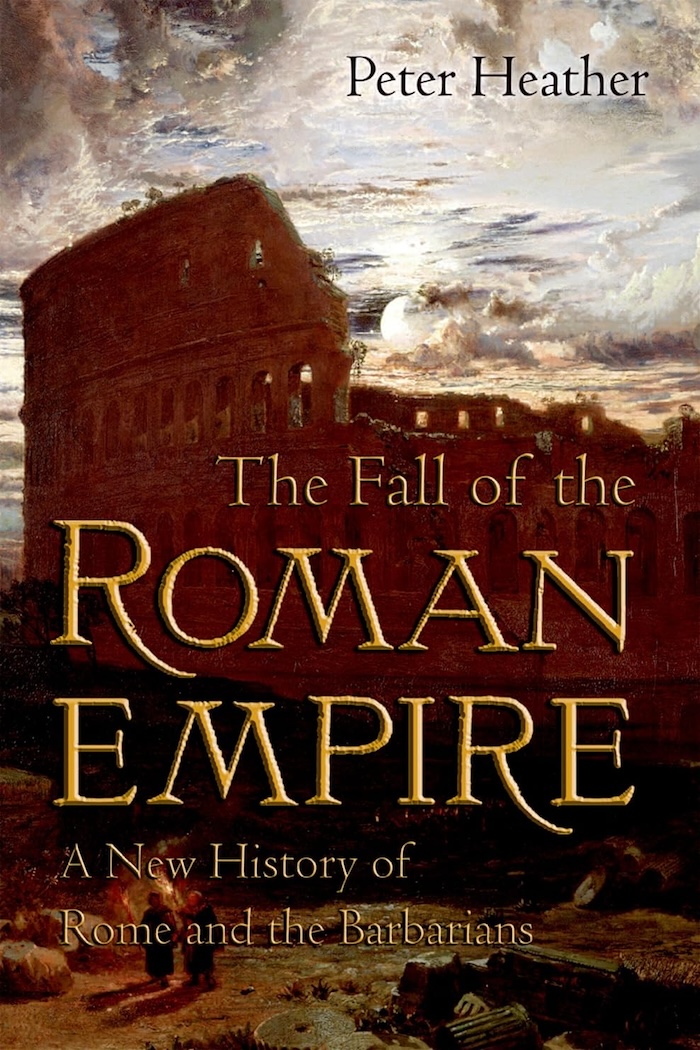

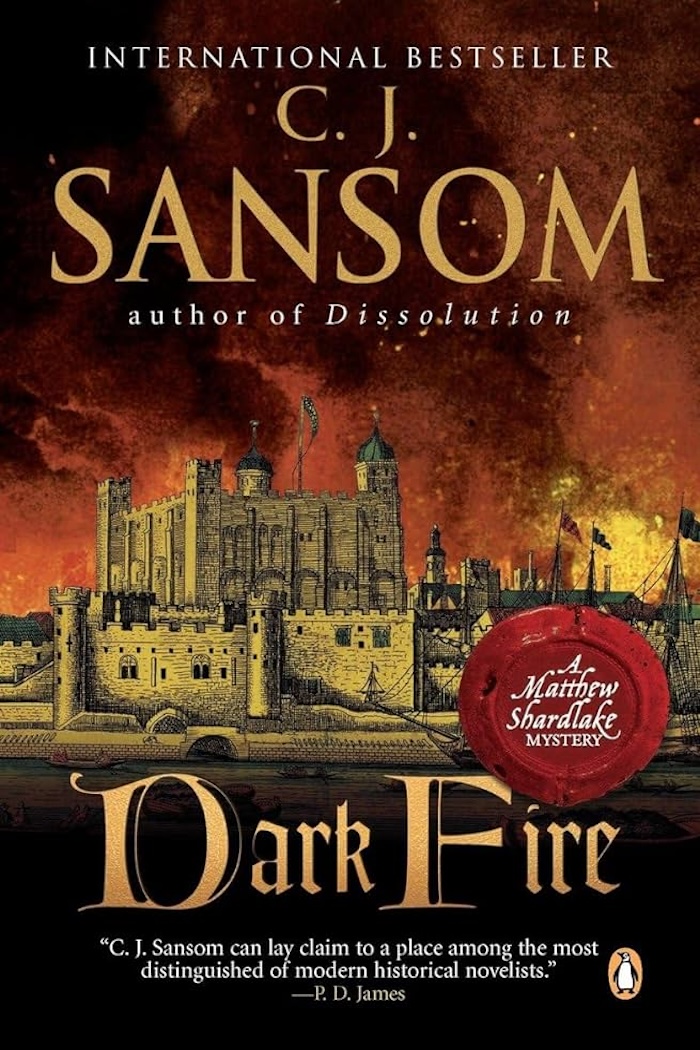
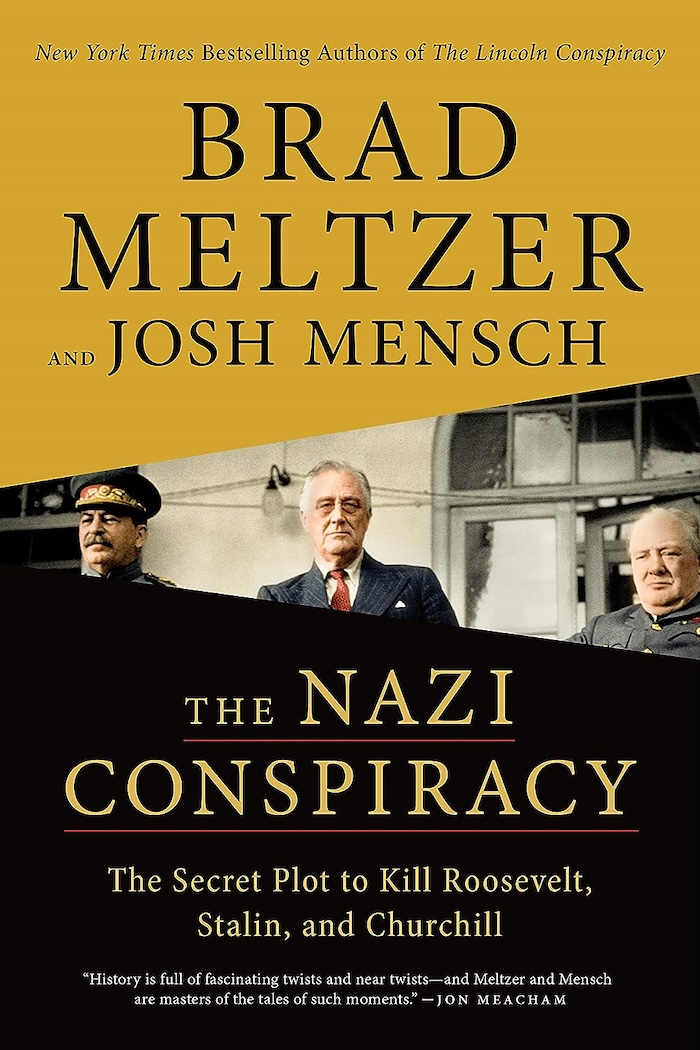
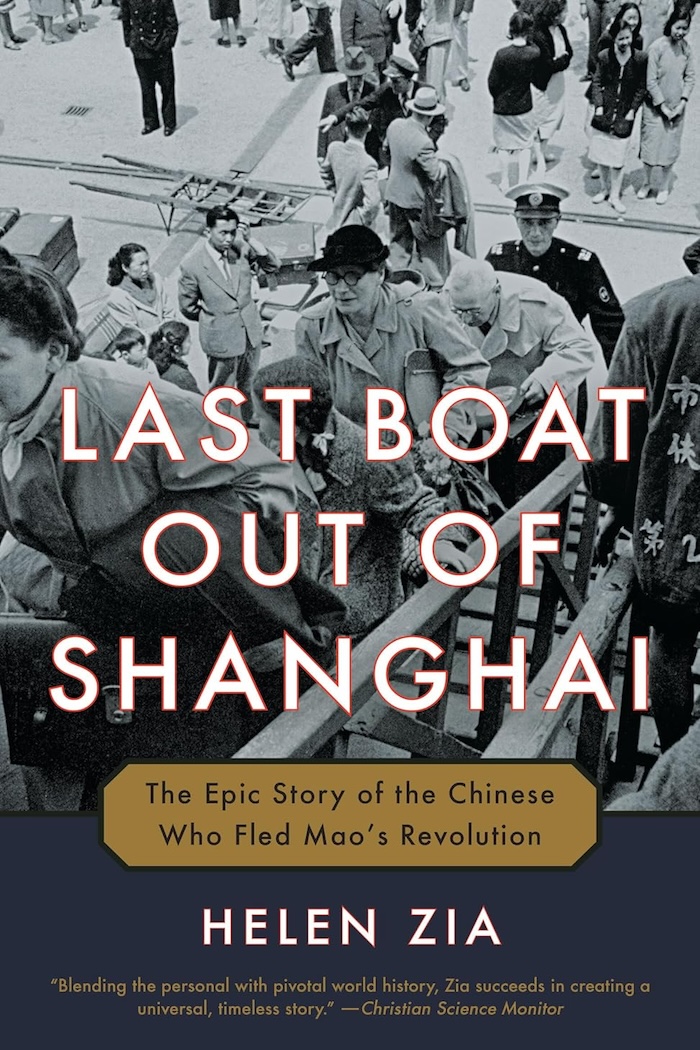
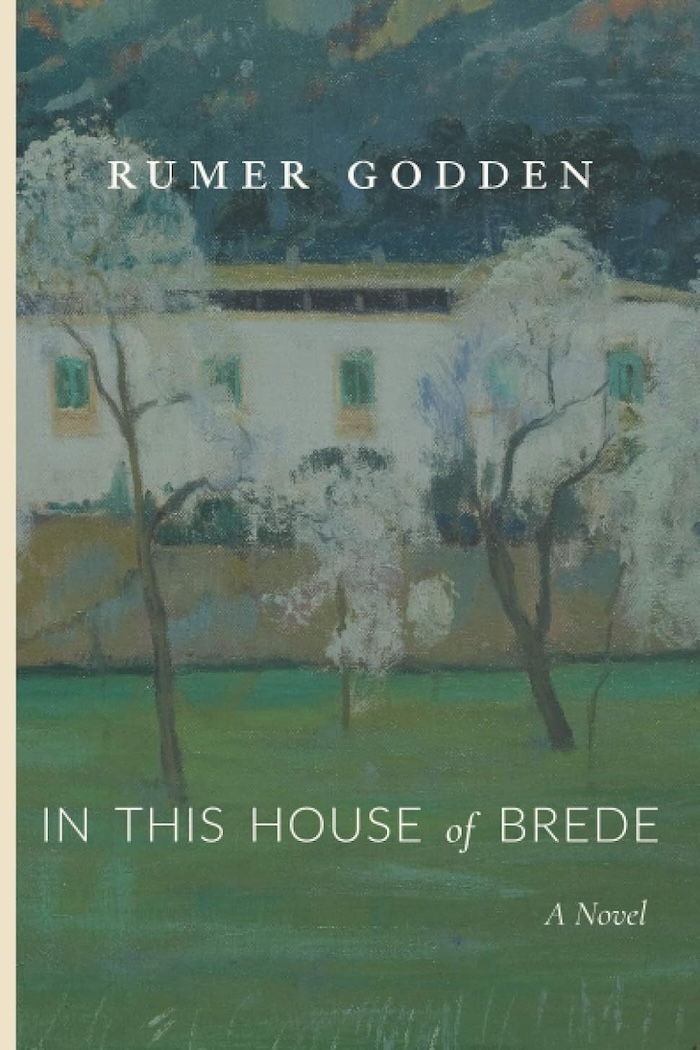


Leave a Reply